The Bichon Frise is an adorable and friendly dog breed that makes a wonderful companion for families, especially those with children. Let’s explore their origins, characteristics, and care requirements in this article.
1. Getting to Know the Bichon Frise
Origin of the Bichon Frise
The Bichon Frise originates from the Mediterranean region and dates back to the Middle Ages. They are a crossbreed between the Barbet Water Spaniel and the French Poodle. The name “Bichon Frise” emerged in the 15th century, after the Franco-Italian War, and they became a popular companion for European nobility.
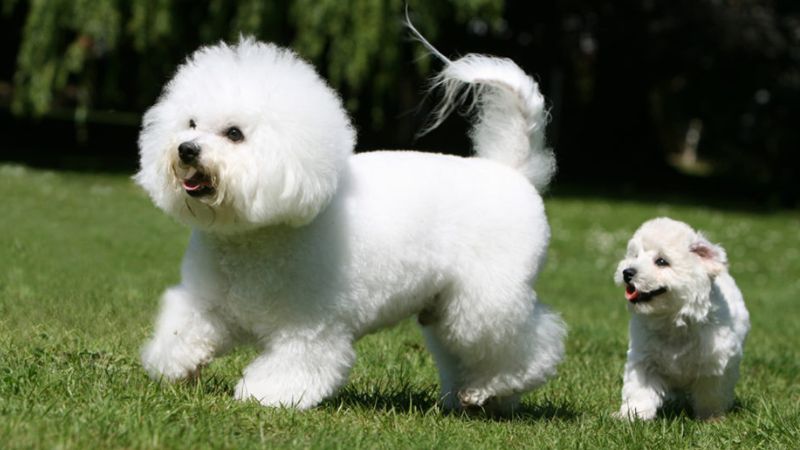 Origin of the Bichon Frise
Origin of the Bichon Frise
Classification of the Bichon Frise
There are four types of Bichon Frise: Maltaise, Tenerife, Ilvanese, and Bolognese.
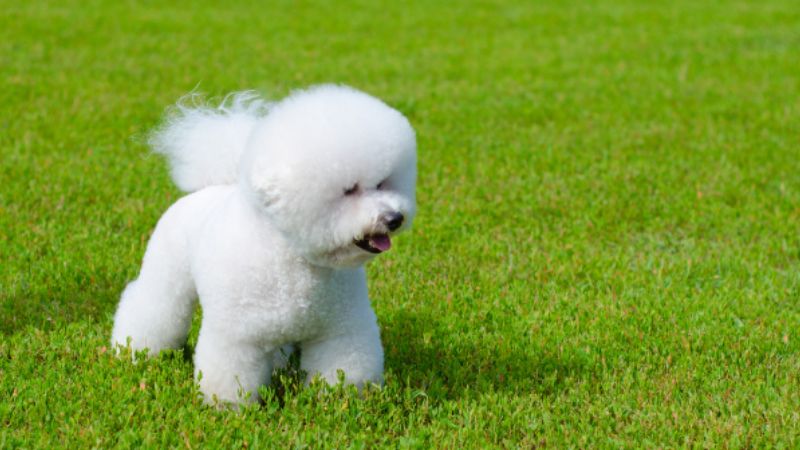 Classification of the Bichon Frise
Classification of the Bichon Frise
Common Coat Colors of the Bichon Frise
The Bichon Frise typically sports a light-colored coat, with white, cream, apricot, or gray being the most common shades. White is the most prevalent coat color in this breed.
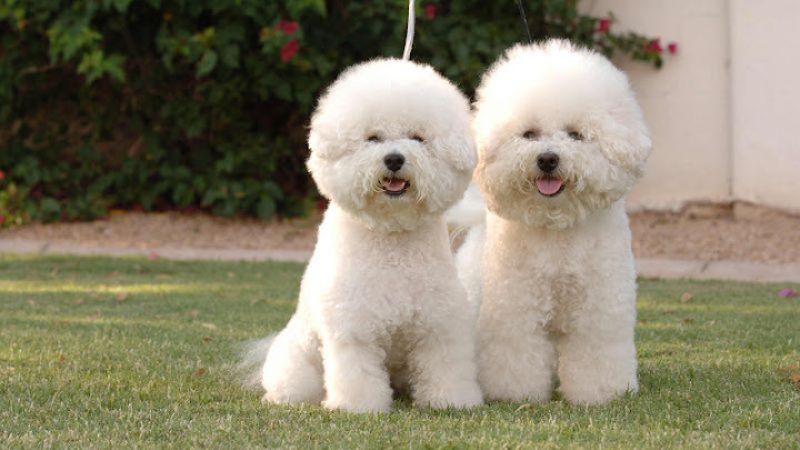 Common Coat Colors
Common Coat Colors
Physical Characteristics of the Bichon Frise
The Bichon Frise has a round skull, a black non-pointed muzzle, and large round eyes. Their adult weight is around 7kg, and their average height from the ground to the cranial peak is 35cm. Their coat is fluffy and soft, resembling a cotton ball.
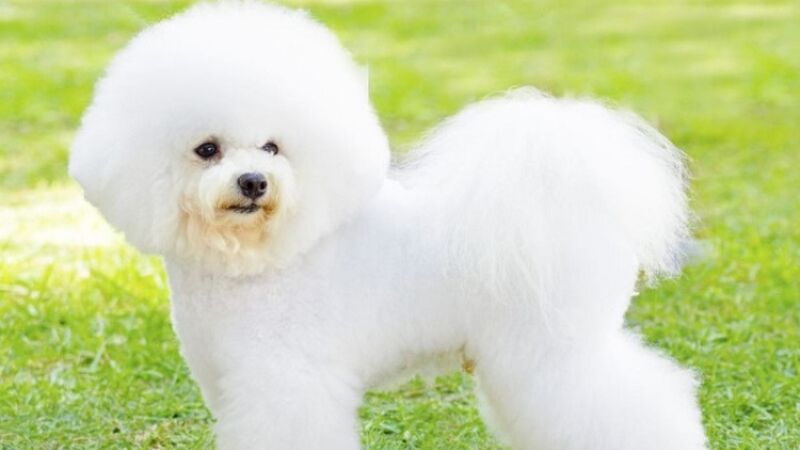 Physical Characteristics
Physical Characteristics
Overall, the Bichon Frise has a small and compact build with short legs. Their coat is predominantly white, with hints of apricot or cream around the ears, muzzle, feet, or body.
Temperament of the Bichon Frise
The Bichon Frise is known for its gentle, affectionate, and friendly nature. They thrive on human companionship and are especially gentle with children. They enjoy being pampered and can be a bit clingy with their owners.
 Temperament
Temperament
This breed is also easy to train and educate. They are intelligent and active, always eager to please their owners. However, due to their desire for attention, they can feel neglected and lonely if left alone for extended periods. Overindulgence can also lead to negative habits such as laziness and tantrums.
2. Caring for Your Bichon Frise
Feeding Your Bichon Frise
The Bichon Frise has a sensitive digestive system, so their diet requires careful consideration. Offer them high-quality, nutritious food that meets their specific needs. Depending on their life stage, you can include human food, wet food, dry food, or a combination of these in their diet.
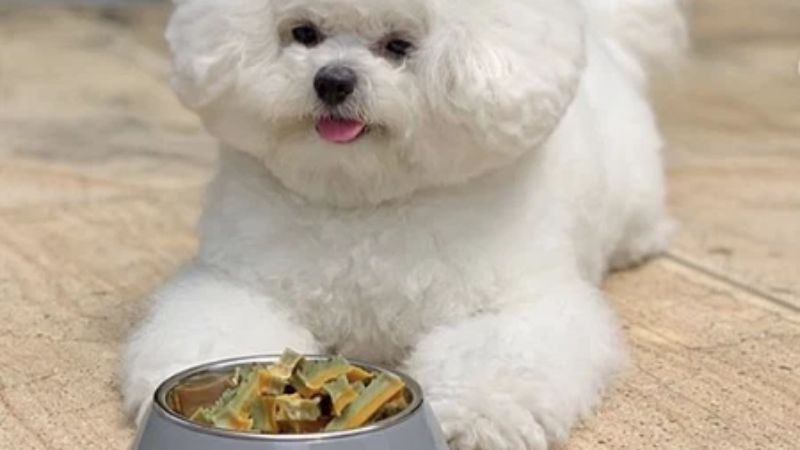 Feeding Your Bichon Frise
Feeding Your Bichon Frise
Nutritional Requirements by Life Stage
- Up to 3 months old: During this phase, offer them milk up to 3-4 times a day. To introduce variety, you can puree meat and vegetables with porridge and gradually increase the solid food portion.
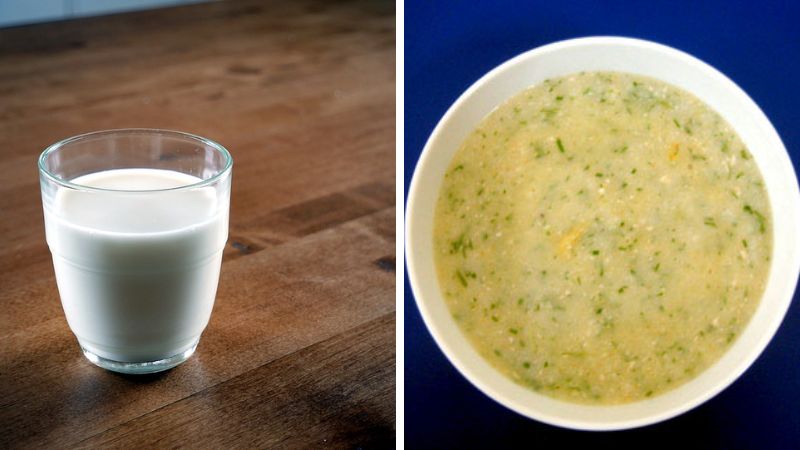 Nutrition for Puppies up to 3 Months Old
Nutrition for Puppies up to 3 Months Old
- 3 to 6 months old: At this stage, you can include more nutritious options like meat, vegetables, tubers, and dry food such as seeds. Feed them 2-3 meals a day, with each portion weighing around 100-150 grams.
 Nutrition for Puppies Aged 3 to 6 Months
Nutrition for Puppies Aged 3 to 6 Months
- 6 months old and above: Focus on foods rich in protein, calcium, and phosphorus as this is the stage for muscle and bone development. Increase the portion size and reduce the feeding frequency to 2 meals a day.
 Nutrition for Dogs Aged 6 Months and Above
Nutrition for Dogs Aged 6 Months and Above
Grooming and Hygiene for Your Bichon Frise
The Bichon Frise has a thick, curly coat that requires regular grooming and hygiene maintenance. Brush their coat twice a week to maintain its softness and fluffiness. Additionally, pluck their ear hair, wipe their eyes, brush their teeth, and trim their nails regularly.
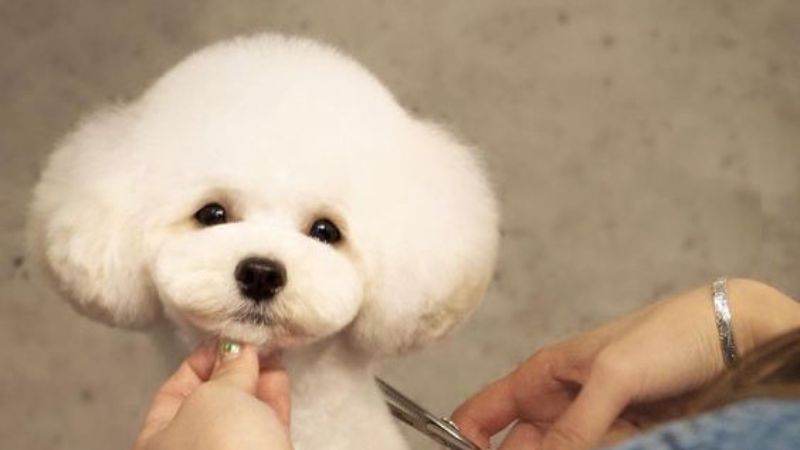 Grooming and Hygiene
Grooming and Hygiene
When bathing your Bichon Frise, use a mild shampoo and make sure to dry them thoroughly afterward. Regular bathing and grooming are essential to maintain their coat’s color and prevent bacterial or dirt buildup, which can affect their health.
Common Health Issues in Bichon Frises
Dental issues are common in dogs, including the Bichon Frise. Neglecting oral hygiene can lead to plaque buildup, gum infections, and even liver, kidney, and joint problems, potentially reducing their lifespan.
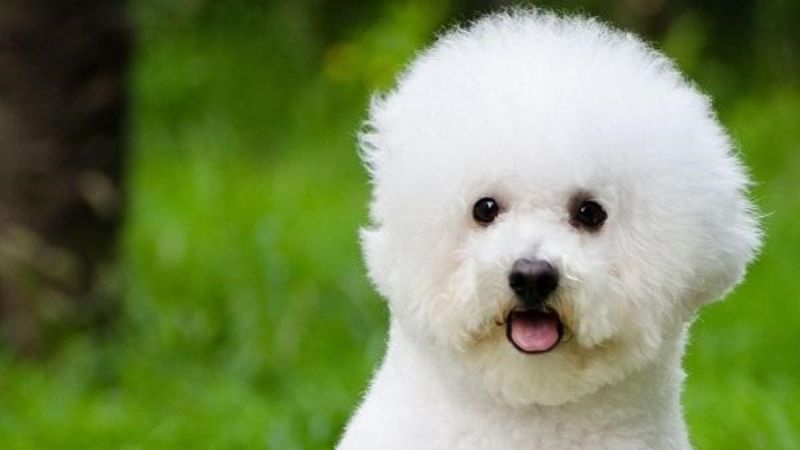 Dental Issues
Dental Issues
Additionally, Bichon Frises are susceptible to infections and parasites such as fleas, ear mites, and worms. They are also at risk of contracting rabies. Therefore, regular vaccinations and a nutritious diet are crucial.
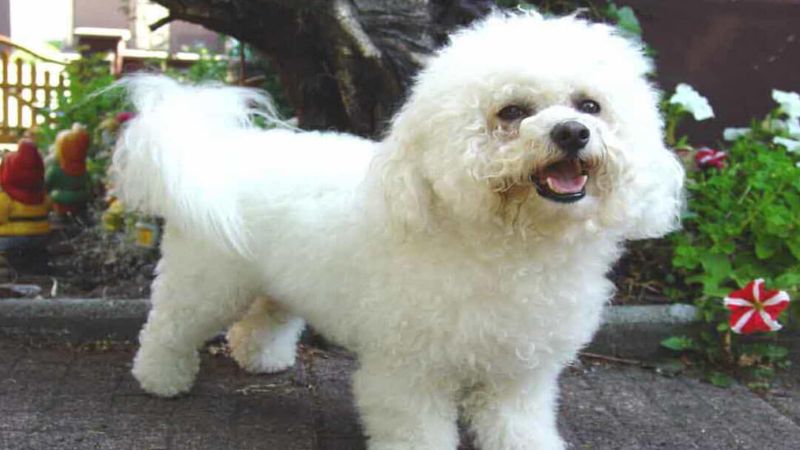 Infections and Parasites
Infections and Parasites
Obesity is another concern, as it can impact their joints. Keep a close eye on their diet and activity levels to prevent weight gain. Moreover, Bichon Frises are prone to serious eye problems like cataracts and glaucoma, which can cause discomfort and even blindness.
 Obesity and Eye Issues
Obesity and Eye Issues
Important Considerations When Caring for Your Bichon Frise
The Bichon Frise requires meticulous care regarding their diet, hygiene, and health. They are prone to physical and mental health issues, so regular monitoring and a scientific lifestyle are essential. Ensure that they receive vaccinations at least twice between 8 and 12 weeks of age, and continue with annual check-ups and vaccinations after they turn one year old.
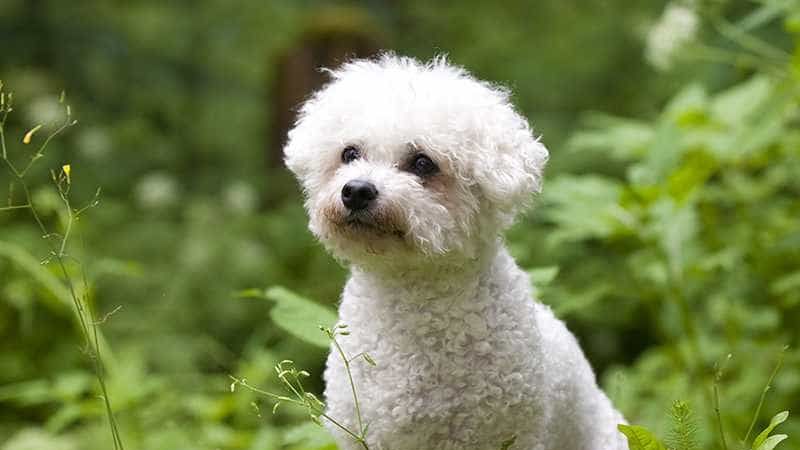 Important Considerations
Important Considerations
3. Purchasing a Bichon Frise
Price Range of Bichon Frises
The price of a Bichon Frise varies depending on its origin. Locally bred Bichon Frises start at 7 million VND, while imported ones from Europe can cost upwards of 25 million VND, including shipping fees. Imported Bichon Frises are guaranteed to be 100% purebred and healthy.
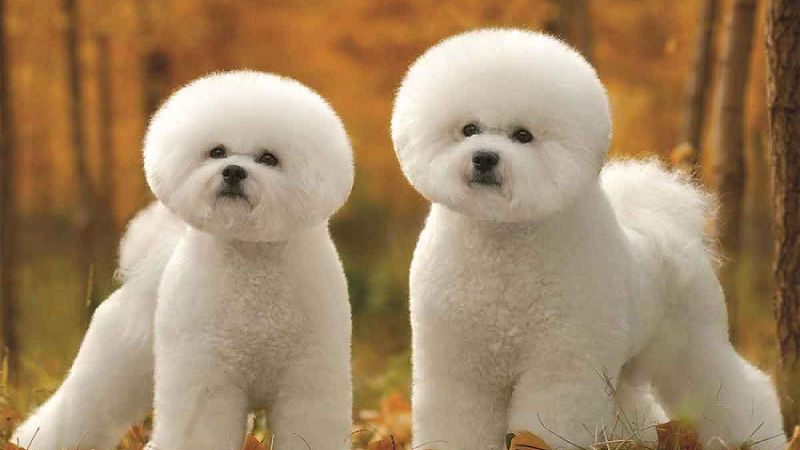 Price Range
Price Range
Factors Affecting the Price of a Bichon Frise
The price can fluctuate based on the dog’s pedigree, the quality of its parents, and its health. Additionally, female Bichon Frises tend to be slightly more expensive than males, with a price difference of around 1-2 million VND.
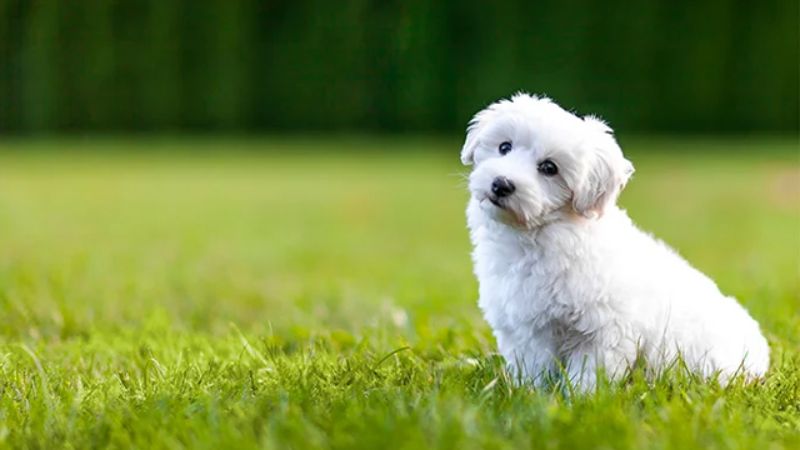 Price Factors
Price Factors
In conclusion, we hope this article provided valuable insights into the origins, characteristics, care requirements, and pricing of the Bichon Frise.
Investigating the Features, Maintenance, and Expense of Border Collie Breeds
Experts weigh in on the reasons behind the loving bond between people and Border Collies. Find out why these dogs have earned such a special place in people’s hearts as well as the key characteristics that make them so unique. Plus, get a grasp on the expenses to watch for when taking on the responsibility of owning a Border Collie.
The Shih Tzu Breed: Unveiling the Intricacies of Their Nature and Care
The Shih Tzu is an ancient breed of dog originating from China, and their popularity has recently boomed in Vietnam. With their adorable appearance and affectionate nature, it’s no wonder that many are keen to learn more about this breed, their unique characteristics, and the specific care they require.
The Ultimate Guide to Bull Terriers: Origins, Traits, Care, and Cost
The Bull Terrier, a compact and powerfully built dog, boasts a unique and comical appearance with its distinct egg-shaped head and small, gleaming eyes. This breed is a true warrior at heart, exuding strength and character. With an intriguing history and an even more fascinating personality, the Bull Terrier is a canine companion that demands attention and warrants a closer look.





































